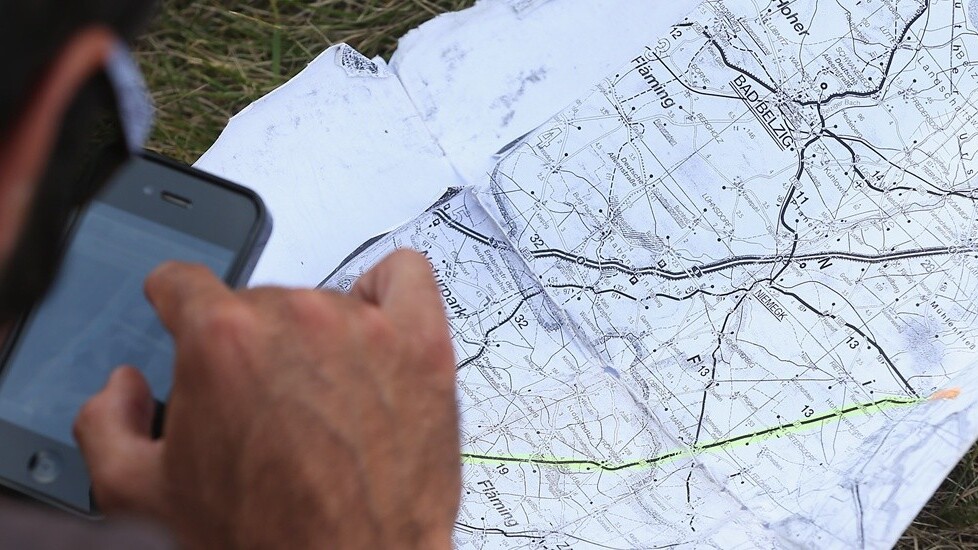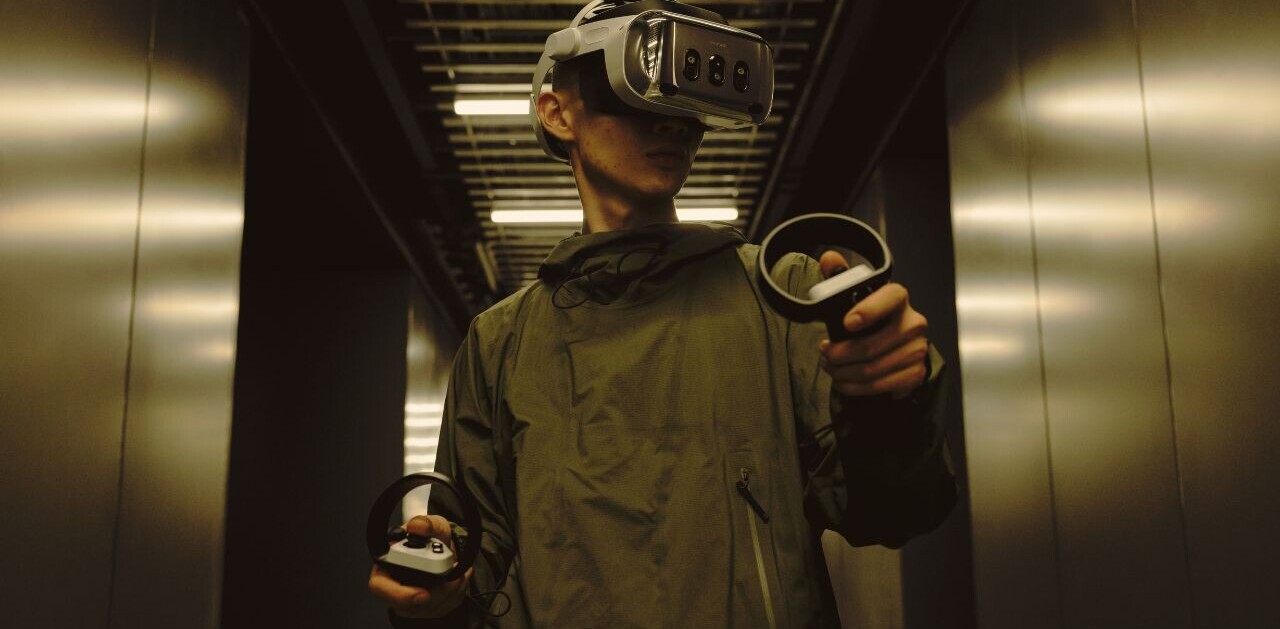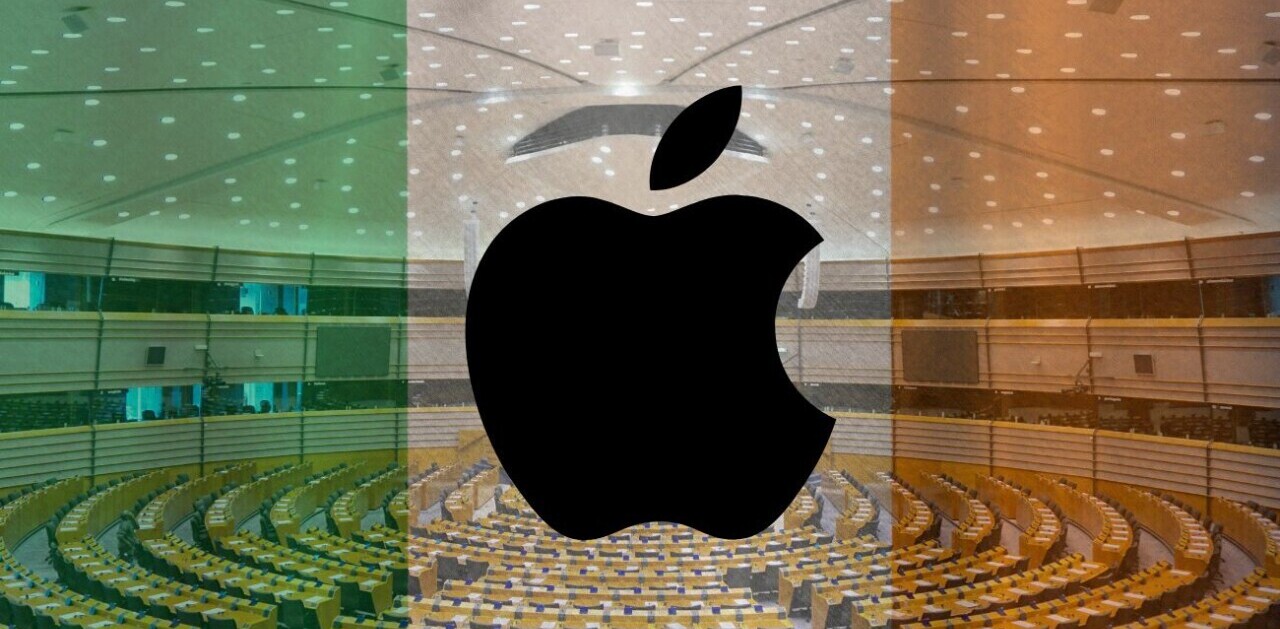
A group of disgruntled iPhone owners in Korea who sued Apple for violating their privacy with its location tracking service have withdrawn their suit to focus on a larger case, that could be worth $25 million.
The collective of 29 people took action against Apple back in 2011 when they claimed that the US firm was illegally enabling location-based features without their consent. Today, however, they have backed down after failing to obtain sufficient evidence, according to The Yonhap.
The plaintiffs had been seeking compensation of 800,000 won ($757) per person but will now focus on a separate class-action suit filed with a regional court which involves claims from approximately 27,000 iPhone owners in the country. This case — filed in Changwon, a city 400 km from the capital Seoul — has a more lofty ambition of 1 million won in compensation per person, which could cost Apple more than $25 million in total.
The group of 29 was also wary that a negative outcome in their suit could impact the Changwon case.
There is precedent for consumer-led legal action against Apple in Korea. The firm was forced to pay lawyer Kim Hyung-suk 1 million won (US $1,000) in compensation in July 2011 after its location features were judged to have violated his privacy. That payout subsequently triggered other claims.
The lawsuit claimed that tracking a person’s location infringes upon Article 17 of the Korean constitution, which ensures an individual’s basic right to privacy. The court calculated that the ‘psychological damages’ made to Kim were worth 200,000 won (circa $189) per month, during the five months that he used an iPhone.
The Korean mobile market is a tough nut to crack for overseas companies and last year saw HTC and Motorola leave the country. Apple is, however, a rare exception to that and, despite firing its Korean head after just 17 months in the job, the iPhone-maker is performing well in the country.
Apple of course won a landmark US legal case against its Korean rival last year, but a ruling on Samsung’s home turf yielded a split decision. One part of that verdict saw Apple found guilty of infringing two Samsung patents, however the Korean trial was substantially less impacting than the US case.
Image via Sean Gallup / Getty Images
Get the TNW newsletter
Get the most important tech news in your inbox each week.




